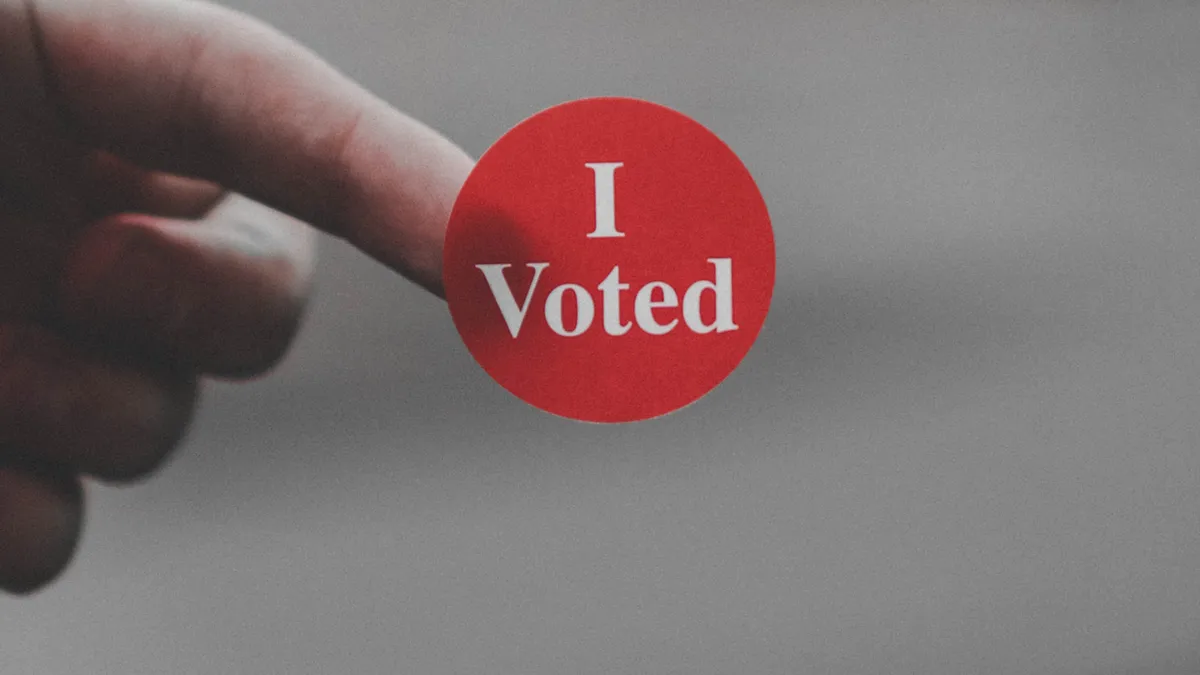Dive Brief:
- Political volatility at work has increased since 2016, according to HR professionals responding to a recent Society for Human Resources Management (SHRM) survey. In results released Oct. 21, 44% of HR pros reported intensified political volatility at work in 2020; in 2016, 26% reported increased political volatility compared to prior elections.
- Seventy-four percent of HR respondents said their organization has prohibited political attire or accessories.
- Additionally, 80% of HR pros said their organizations have not set guidelines on communicating about politics at work — "and that's a problem," said SHRM's president and CEO, Johnny C. Taylor, Jr., in a statement. "Organizations need to proactively set clear and consistent guidelines — aligned with their mission and values — on what is and isn't acceptable behavior at work." In doing so, "leaders can help reduce tension and discomfort to create a better workplace," he said.
Dive Insight:
As early as February, political tension had employees avoiding co-workers, a Gartner survey found, revealing a need for HR leaders to help managers minimize the disruptive effects of politics in the workplace, the organization said.
In devising guidelines, it's important to keep in mind Title VII of the Civil Rights Act of 1964 and the National Labor Relations Act (NLRA), Randy Coffey, Fisher Phillips partner, and Steven Bernstein, Fisher Phillips managing partner, previously told HR Dive.
"It may very well be that it's a losing battle to stop social or political discussions at work, but you can remind your employees that the company's policies relating to non-discrimination and respectful workplaces still apply," Coffey said. Bernstein agreed: "It's less to me about politics and more about how employees treat one another at work."
Google, among others, has attempted this. "While sharing information and ideas with colleagues helps build community, disrupting the workday to have a raging debate over politics or the latest news story does not," the company told employees last year. "Our primary responsibility is to do the work we've each been hired to do, not to spend working time on debates about non-work topics. Avoid conversations that are disruptive to the workplace or otherwise violate Google's workplace policies."
Still, employers are encouraging workers to take action this year, offering time off to vote or work at polls. Earlier this year, for example, some joined forces to launch "Time to Vote," a nonpartisan initiative aimed at increasing voter participation by making the process easier. CEOs and business owners who joined committed to offering benefits such as paid time off on Election Day, eliminating meetings on Election Day or providing workers with resources that support early voting or the use of mail-in ballots. Almost 400 companies signed on, including Best Buy, Walmart, Hewlett Packard Enterprise, Kaiser Permanente, Target and J.P. Morgan Chase. Blue Apron, Old Navy, luxury retailer Tory Burch and several restaurant chains, including &Pizza and Milk Bar have also announced that they will either close or offer paid time off for employees on Election Day.












